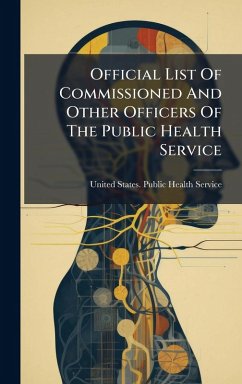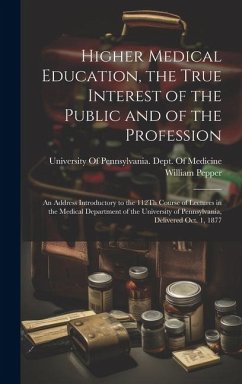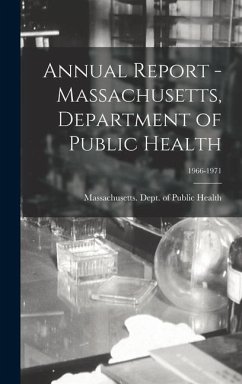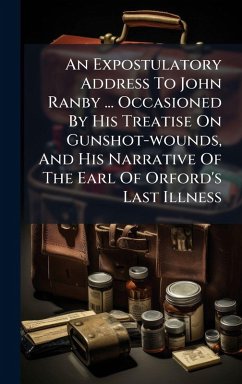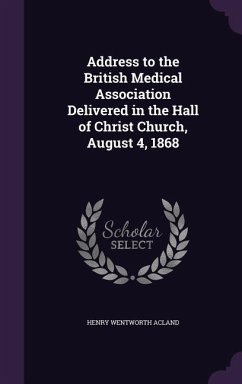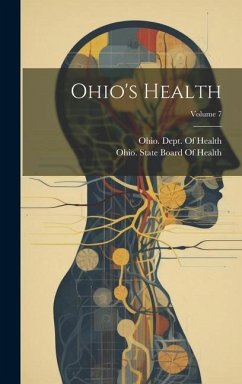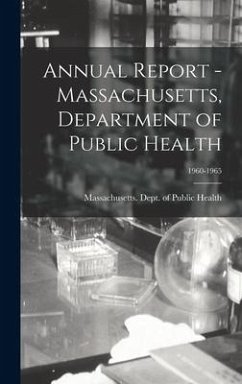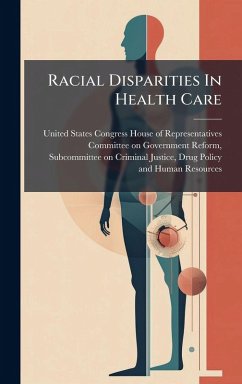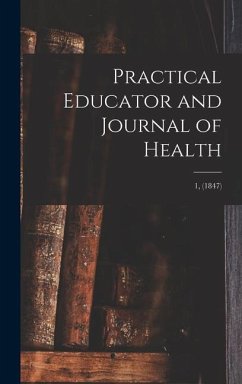
Eugenics and Public Health; an Address to Public Health Officers
Versandkostenfrei!
Versandfertig in über 4 Wochen
25,99 €
inkl. MwSt.
Weitere Ausgaben:

PAYBACK Punkte
13 °P sammeln!
"Eugenics and Public Health; an Address to Public Health Officers" is a compelling lecture delivered by Karl Pearson, a prominent figure in the field of statistics and a key proponent of eugenics. In this address, Pearson articulates his vision for integrating eugenic principles into public health strategies. He argues for the importance of understanding heredity and its impact on the overall health and well-being of the population. Pearson presents his views on how public health officers can play a crucial role in promoting eugenic ideals. This historical document offers a glimpse into the ea...
"Eugenics and Public Health; an Address to Public Health Officers" is a compelling lecture delivered by Karl Pearson, a prominent figure in the field of statistics and a key proponent of eugenics. In this address, Pearson articulates his vision for integrating eugenic principles into public health strategies. He argues for the importance of understanding heredity and its impact on the overall health and well-being of the population. Pearson presents his views on how public health officers can play a crucial role in promoting eugenic ideals. This historical document offers a glimpse into the early 20th-century discourse surrounding eugenics and its potential applications in shaping social policy. It is essential reading for anyone interested in the history of public health, the development of eugenic thought, and the intersection of science and social reform. The lecture provides valuable insights into the intellectual climate of the time and the complex ethical considerations that arise when science is applied to address social issues. This work has been selected by scholars as being culturally important, and is part of the knowledge base of civilization as we know it. This work was reproduced from the original artifact, and remains as true to the original work as possible. Therefore, you will see the original copyright references, library stamps (as most of these works have been housed in our most important libraries around the world), and other notations in the work. This work is in the public domain in the United States of America, and possibly other nations. Within the United States, you may freely copy and distribute this work, as no entity (individual or corporate) has a copyright on the body of the work. As a reproduction of a historical artifact, this work may contain missing or blurred pages, poor pictures, errant marks, etc. Scholars believe, and we concur, that this work is important enough to be preserved, reproduced, and made generally available to the public. We appreciate your support of the preservation process, and thank you for being an important part of keeping this knowledge alive and relevant.



